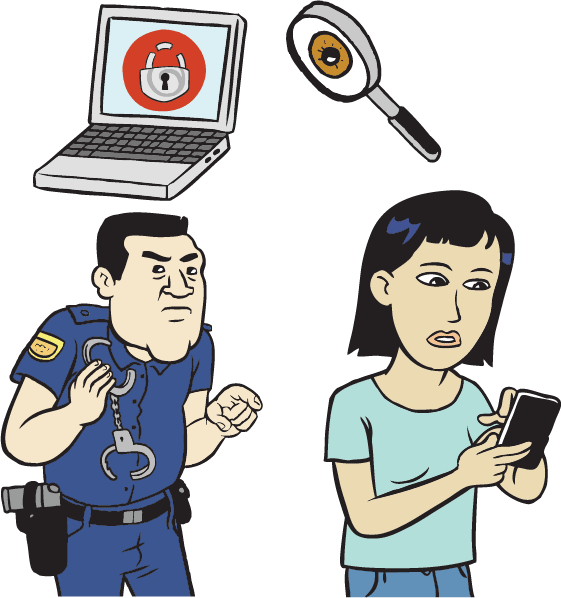The information presented here is from the StoryMaker app. The app was developed as part of a partnership between the Guardian Project, Scal.io, Free Press Unlimited and video4change member, Small World News.
We highlight the lessons most relevant to your work in shooting video from both a computer and mobile device, but it is HIGHLY recommended that you complete all of the security lessons in the StoryMaker app before you head into the field. For more information, see also the video4change Secure My Video (2.0) and Tactical Tech’s Security in-a-Box mobile section.
 Today, individual citizens anywhere in the world are capable of breaking stories that even 20 years ago tested the limits of professional newsrooms. Increasing connectivity afforded by smartphones and falling data costs make this possible.
Today, individual citizens anywhere in the world are capable of breaking stories that even 20 years ago tested the limits of professional newsrooms. Increasing connectivity afforded by smartphones and falling data costs make this possible.
This same connectivity creates great new risks for citizens and professional journalists alike. The standard methods of communicating online or via mobile leave a trail that is easy for skilled individuals to monitor.
These trails not only put you at risk, but may endanger your sources, contacts and colleagues. You have a responsibility to protect not only yourself but anyone threatened by your actions. Journalists, activists and anyone who fears they may be at risk due to their actions must use nonstandard methods of communication.
The first step to understand whether you are threatened is to assess your risk. If your story covers a subject with a high chance of risk, it is likely you or your sources will be threatened.
Be mindful of your surroundings and avoid interacting with anyone you do not trust. There is no checklist for assessing your risk in any situation. Security is a process.
Ask Yourself:
- Are you living in a dictatorship?
- Is corruption a problem?
- Have other journalists faced threats covering this topic?
- Does your story investigate government officials or criminal groups?
- Is the subject of your story being intentionally hidden?
- Are police unresponsive to the concerns of citizens?
If you answered Yes to any of these questions, you or your sources are likely to be threatened during the course of your story. Be mindful of the chances you might be taking with your life and your sources.
As a citizen journalist, you will likely be using your mobile phone for much more than just recording and uploading video. Because you will likely be using a browser or mobile data at some point to upload or share video, you should especially check out the following StoryMaker lessons (http://storymaker.cc):
2.0: Introduction to Security
2.1: How do I know if I or my sources may be threatened?
2.9: How can I use a browser safely?
2.10: How can I manage mobile data safely?
It is HIGHLY recommended that you complete all of the security lessons in the StoryMaker app, especially if you answered yes to the questions listed above. Other lessons include:
2.3: How do my communications put me at risk?
2.5: What makes a strong password?
2.6: How do I effectively use pseudonyms?
2.7: How can I use SMS safely?
2.8: How can I send email safely?